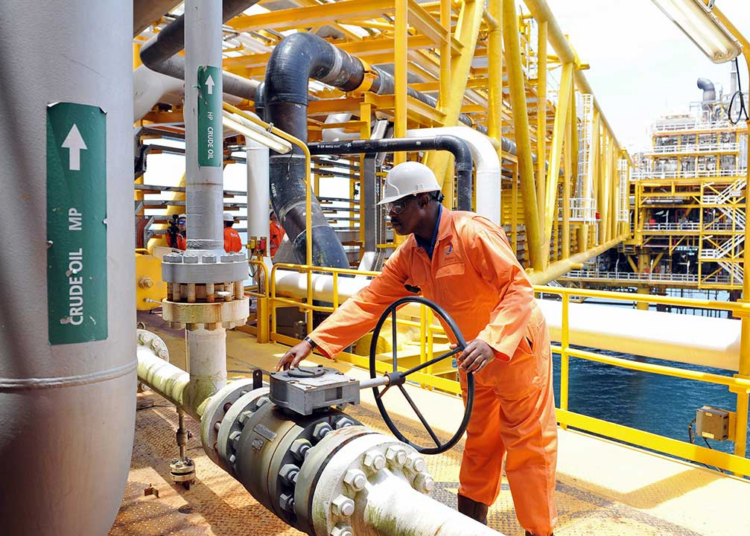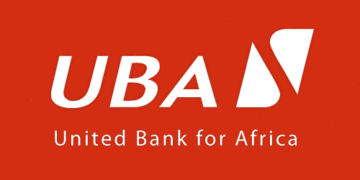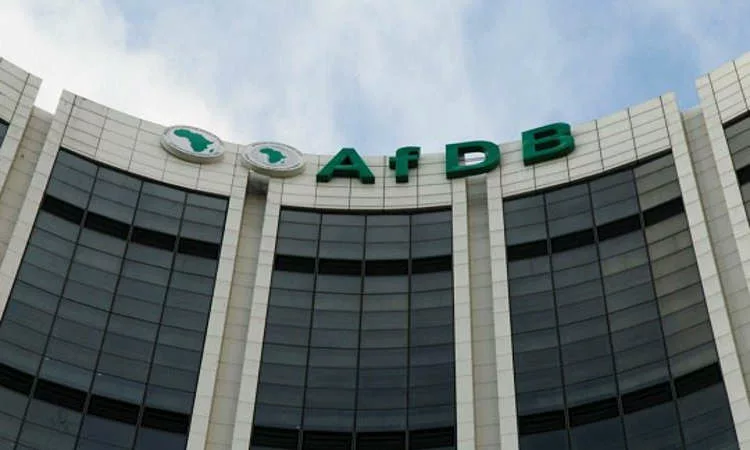Key private investors in the country’s downstream petroleum industry are facing triangular economic revenue cuts following regulatory lapses that are creating non competitive market structure.
Market observers said that N450 billion investment in tank farms and depots built by marketers are becoming moribund. Currently, the downstream value chain operations are putting pressure on investors who feel unsafe with their investments due to unchecked supply ladder issues.
Some stakeholders revealed that such actions from refining, supply and distribution, if not checked, will destroy investors confidence and anticipated growth of the industry.
LEADERSHIP findings show that marketers especially those that invested in storage facilities are losing money due to lack of patronage. An investor, who wants to speak anonymously said, N450 billion investment in tank farms and depots built by marketers are becoming moribund.
He said, each of the depots cost about N4 billion to establish and about 135 of them are owned by private investors and spread across the country, adding that, the source attributed the problem to direct sale of petroleum product to marketers by Dangote refinery through its gantry.
Our source said marketers who procure in volumes prefer marine transactions that will allow them to lift products in volumes with vessels to service their depots and effectively distribute seamlessly and efficiently.
Corroborating our source’s claim, the Depot and Petroleum Products Marketers Association of Nigeria (DAPPMAN), kicked against any attempt to prevent importation of petroleum products to fill domestic demand gaps. The marketers also drew the attention of the government to a seeming and emerging monopoly in the downstream petroleum sector.
They firmly warned that the dominance of the Dangote Refinery could destabilise the market if not carefully managed and as such efforts should be geared at addressing the growing concerns.
The executive secretary of DAPPMAN, Olufemi Adewole said, private depot owners have continuously ensured seamless fuel distribution across the country, adding that Dangote Refinery is not meeting up to even the reduced local consumption volume, quoting Authority chief executive of the regulatory authority.
So, for now, Dangote Refinery cannot meet up. It is we, the private depot owners, that have been bridging the gap and meeting the needs of Nigerians, he said.
Stopping the importation of fuel at this stage would be “chaotic” and “dangerous, “ he said, adding that a phased strategy is more viable once multiple domestic refineries come onstream.
Adewole also expressed deep concern over what he called a “clear and present danger” of monopoly, noting that Dangote’s scale gives it excessive influence over pricing and supply channels.
He noted that, “You can’t stop importation today. That would create chaos and a monopoly. Yes, it can be stopped—but only when we have adequate local production from several sources, not just one.”
“The concerns of possible monopoly in the downstream of the petroleum sector are what we can term as a clear and present danger. We have been talking about it. We have been deliberating about it.
“Right now, we have a refinery, a 650,000 barrel capacity refinery. Its price, volume and capacity alone give the refinery the edge over all others. It can manipulate prices. It can dictate prices. It can get what it wants. So it’s a clear and present danger for us, and we would rather not have it that way.
“But the beautiful thing is that we have the regulators, who have been doing fantastically since they came on board. They are ensuring that no organisation deviates from the provisions of the Petroleum Industry Act, which ensures that it is a free market, and many players can come in and play in the system, and anything that goes towards monopoly is checkmate.”
He added, “You will recall that Dangote recently took the Nigerian Midstream Downstream Petroleum Regulatory Authority and a few other marketers to court. This tells you their mindset, and what they were challenging is actually the authority of the regulator, which is enshrined in the PIA, to release import licenses for marketers to import fuel. So it gives you a picture into their mindset.
“So the fear of monopoly is real, and we are working with other stakeholders to make sure this is not realised, and we are working with the regulators, encouraging them to do their work so that this is curtailed.”
He further praised the Nigerian Midstream and Downstream Petroleum Regulatory Authority for maintaining market integrity under the Petroleum Industry Act but noted that Dangote Refinery’s recent legal action against the authority suggests a desire to bypass market checks.
Speaking on the seeming lack of competitiveness in the sector, an oil and gas industry analyst, Henry Adigun said, Nigeria is yet to provide a competitive refining market environment to guarantee fair product pricing and efficiency.
Adigun, enthused that the refineries owned and operated by the Nigerian National Petroleum Company Limited (NNPCL) as presently structured are no match to Dangote mega refinery and cannot refine volume of products that are considered suitable with low sulphur.
This he said could be responsible for certain practices that often result in losses by marketers. Speaking to LEADERSHIP on the sidelines of a forum recently hosted by the Institute for Energy and Industry Law in Lagos on Friday, Adigun, said, a competitive market structure in the midstream and downstream sectors of the petroleum industry exists when multiple market players can freely enter, compete, and operate under fair and transparent conditions.
We’ve got the edge. Get real-time reports, breaking scoops, and exclusive angles delivered straight to your phone. Don’t settle for stale news. Join LEADERSHIP NEWS on WhatsApp for 24/7 updates →
Join Our WhatsApp Channel









